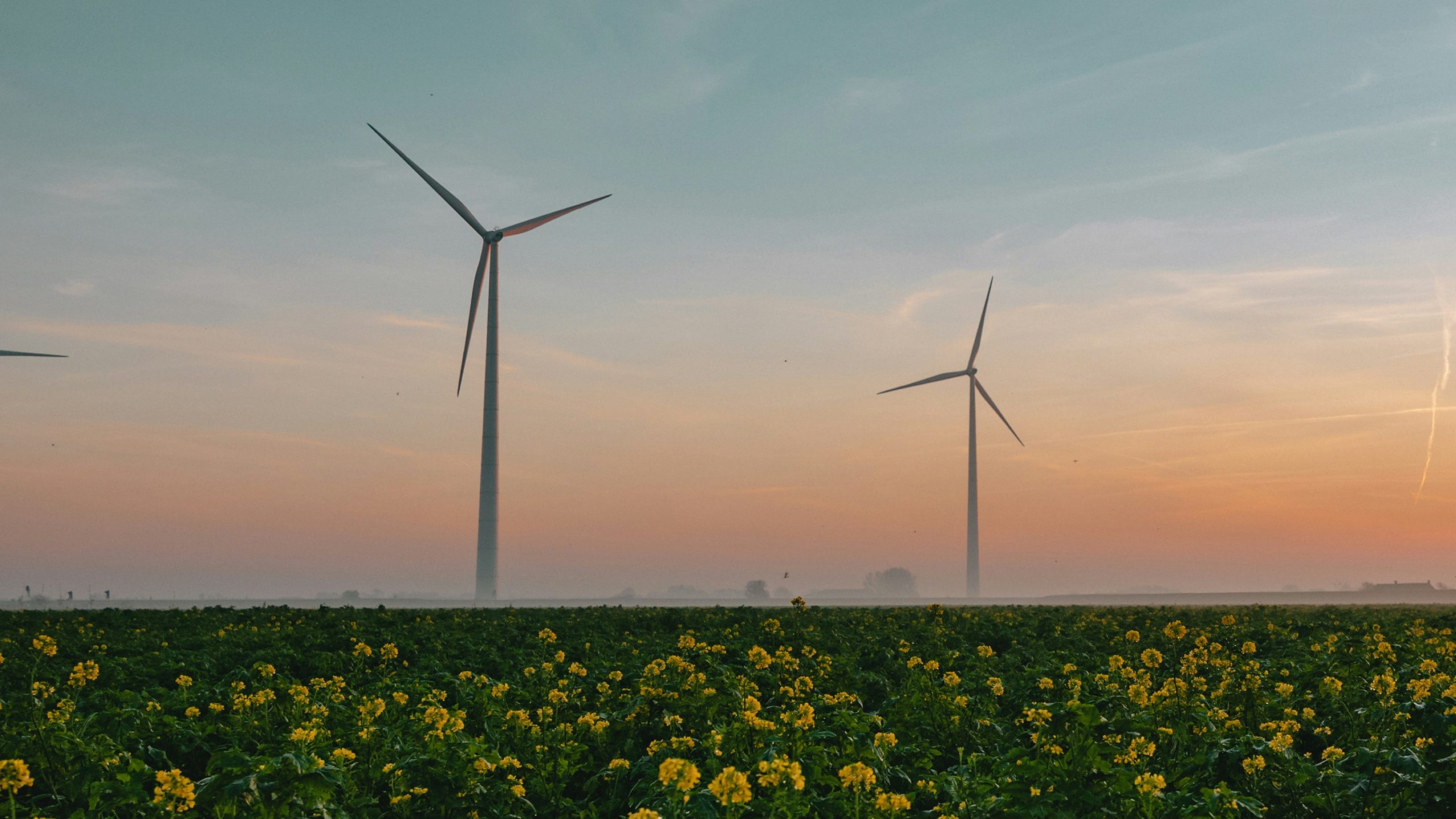South Africa has secured a €500 million (approximately R10.4 billion) loan from the German Development Bank (KfW) to advance its energy sector reforms. This funding supports the Just Energy Transition Investment Plan (JET-IP), which seeks to reduce reliance on coal and accelerate the adoption of cleaner energy technologies.
Finance Minister Enoch Godongwana and German Ambassador Andreas Peschke signed the loan agreement on Friday, 26 July 2025, in a move that further strengthens bilateral cooperation between South Africa and Germany. The signature of this agreement solidifies support for the major R10.4 billion loan from Germany.
Favourable loan terms to support key reforms
The R10.4 billion German loan comes with highly concessional terms. These include a 12-year repayment period and a three-year grace window. According to the National Treasury, the interest rate is significantly below what South Africa would face on commercial markets. As a result, the loan will ease pressure on public finances while funding crucial energy initiatives.
Importantly, the loan will help fund the unbundling of Eskom, improvements to electricity transmission infrastructure, and increased investment in renewable energy projects. These steps are central to stabilising South Africa’s electricity supply and meeting long-term climate commitments, assisted by the major loan from Germany valued at R10.4 billion.
Part of Wider International Backing
This funding forms part of a larger package backed by the International Partners Group (IPG), which includes Germany, France, the United States, and the United Kingdom. Earlier support has come from France and the World Bank. The combined effort reflects growing global confidence in South Africa’s energy reform agenda. The R10.4 billion financial backing from Germany further integrates international support into this agenda.
Furthermore, the German Embassy stated that the goal is to support a “reliable, climate-friendly, and socially just energy system” in South Africa.
Progress Amid Ongoing Challenges
While South Africa’s energy transition faces persistent challenges, the R10.4 billion German loan signals international recognition of the country’s progress. The Treasury emphasised that concessional loans such as this one do not add unsustainable pressure to the national budget.
In conclusion, the funding provides much-needed momentum for reform efforts, especially as South Africa works to decarbonise its economy, attract green investment, and ensure long-term energy security for its people.






